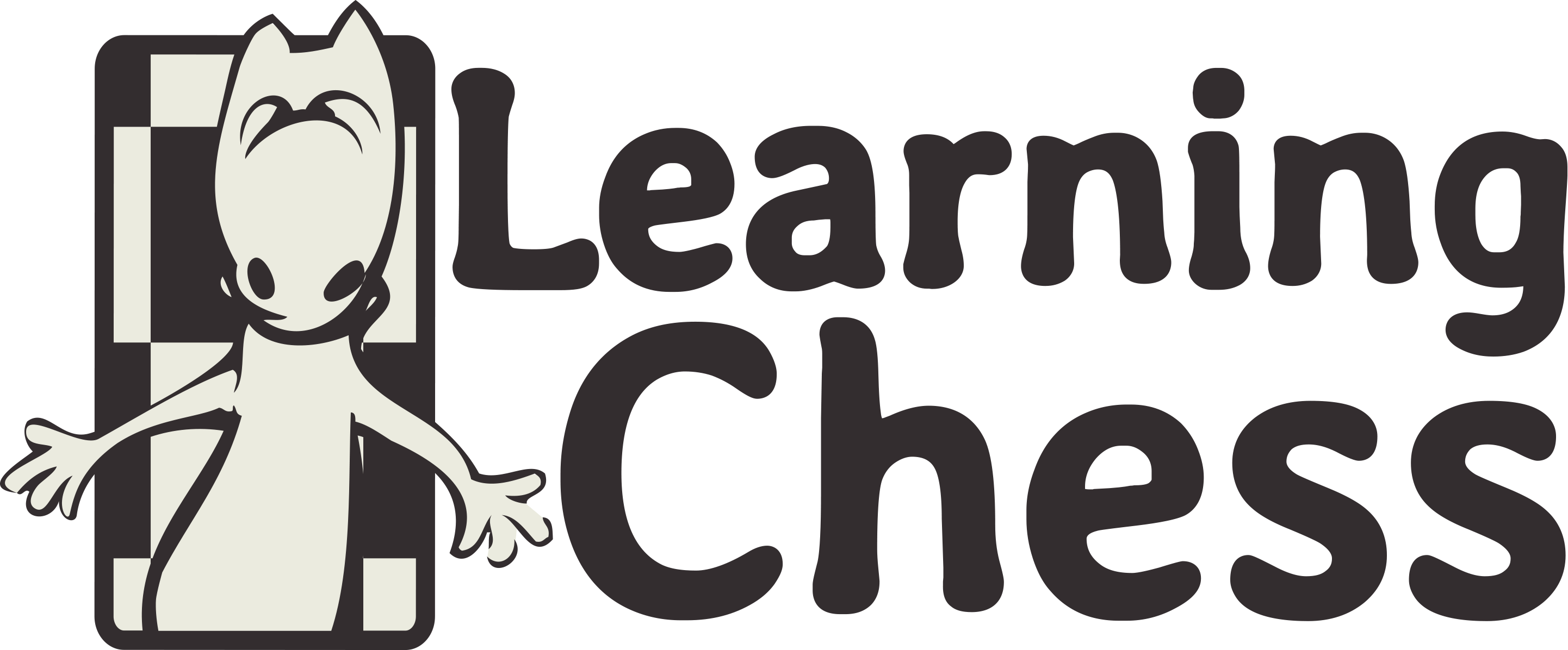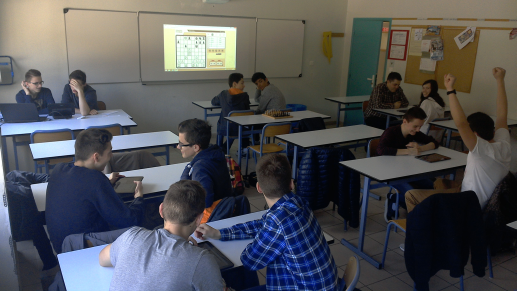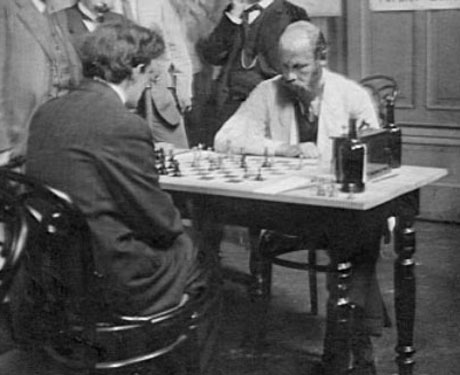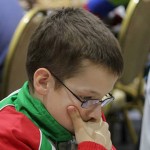PARTNER SCHOOL: INSTITUTION NOTRE DAME, VALENCE, FRANCE
We will introduce you one of our partner schools time-to-time to give you ideas about scholastic chess through working examples. Institution Notre Dame, in Valence, France was one of the early birds in our Free for Schools Program started in September 2014.
CHESS CURIOSITIES – THE SHOVER OF GOLD
Alex Krstulovic, chess prodigy from Hungary
We introduce Alex Krstulovic, a young chess prodigy from Hungary. We will analyze one of his best intuitive combinations and then you can read Alex’s short bio. Recognized coaches work together with Alex, but he liked LearningChess.net and already solved each lesson.
Jerguš, šachový talent zo Slovenska
V tejto novovytvorenej sekcii Vám predstavujeme Jerguša Pecháča, jeden z najväčších šachových talentov na Slovensku. Môžete si prečítať o Jergušovej doterajšej šachovej kariére, jeho vzťahu k šachu, alebo si pozrieť mnoho jeho partií na videu.
Je pravda, že šach robí deti bystrejšími?
Som veľmi rád, že vyučovanie šachu v škôlkach a školách je stále viac rozšírené, napriek tomu si stále veľa ľudí kladie túto otázku. Pozrime sa, čo je na tom pravdy. Pred vytvorením tohto vyučovacieho šachového programu sme detailne skúmali tento problém a preštudovali súvisiace vedecké štúdie, ktoré sú už, našťastie, dostupné pre
CHESS CURIOSITIES – MONUMENTAL HUMAN CHESS
Our Illustrated Chess History series was very welcome. Unfortunately, we had to leave out a lot from the certain parts, because it would have been too long for anyone to read it through. But I decided on starting a similar series named Chess Curiosities, in which I will try to gather the most interesting chess related happenings. Receive the first part tenderly.
CHESS TALENTS – JERGUS FROM SLOVAKIA
We introduce Jergus Pechac, one of the greatest talents of Slovakia first in our new chess talents series. You can read about Jergus’s career, his relation to chess, or watch many games on video played by him.
The Illustrated History of Chess 2 – The Middle Ages
We reached the Middle Ages, which is also called the Dark Ages, in my discoveries concerning the origin and history of chess. But was it really dark everywhere? Let’s have a look at it from the aspect of chess.
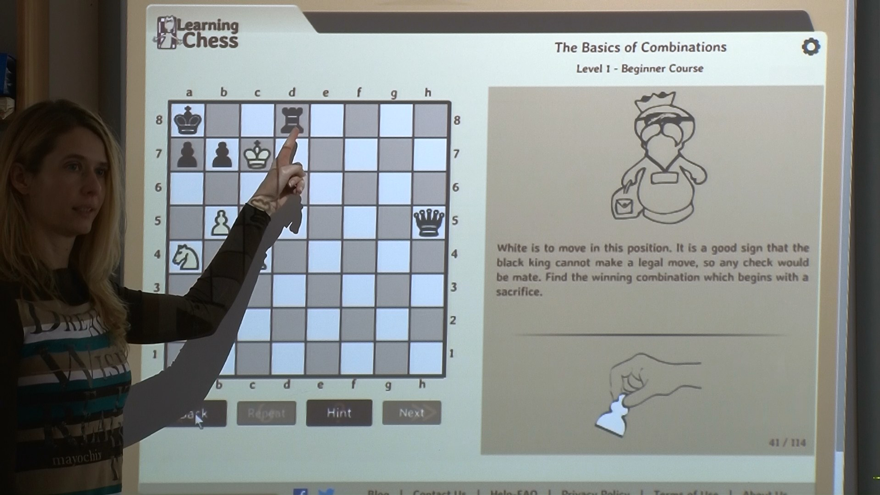
HOW CAN TEACHERS USE LEARNINGCHESS.NET IN THE SCHOOLS?
The invitation to the Chess and Mathematics Conference in London, 6-7 December 2014 is an outstanding opportunity to inform the teachers, schools and students in wider circle about LearningChess.Net. The timing is the best – we have just launched the Android App and the number of students in our Free for Schools Program is dynamically growing.
Is it True that Chess Makes Kids Smarter?
To my greatest pleasure, teaching chess in kindergartens and schools is more and more widespread, still, a lot of people ask this question. Let’s see what the truth may be.
 When we worked out our online chess tutor we thoroughly analyzed this problem and studied the relevant scientific research papers, which are already available for everyone on the Internet, fortunately. Now, I would like to summarize these methodologically and make them clearer through examples. I do hope that after reading this blog entry even more people will take a liking to teaching – and of course, learning – chess.
When we worked out our online chess tutor we thoroughly analyzed this problem and studied the relevant scientific research papers, which are already available for everyone on the Internet, fortunately. Now, I would like to summarize these methodologically and make them clearer through examples. I do hope that after reading this blog entry even more people will take a liking to teaching – and of course, learning – chess.
